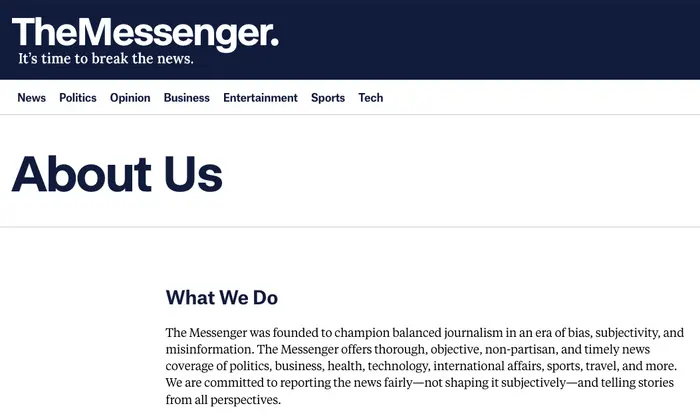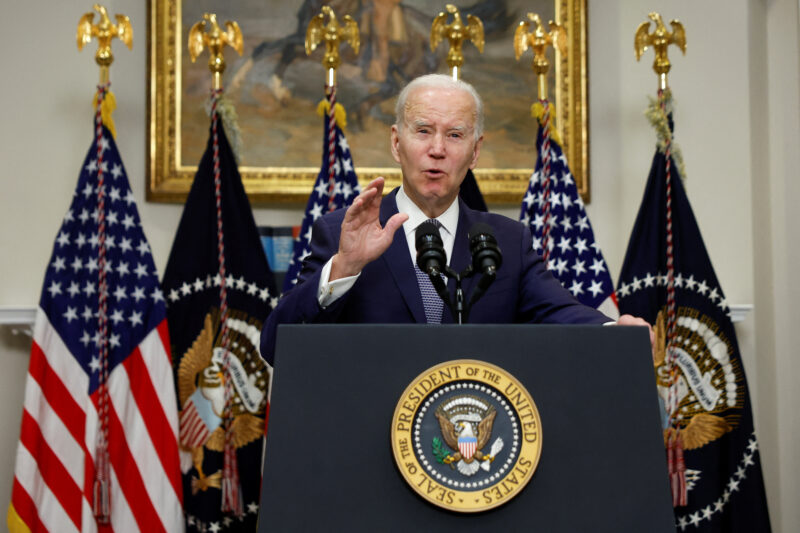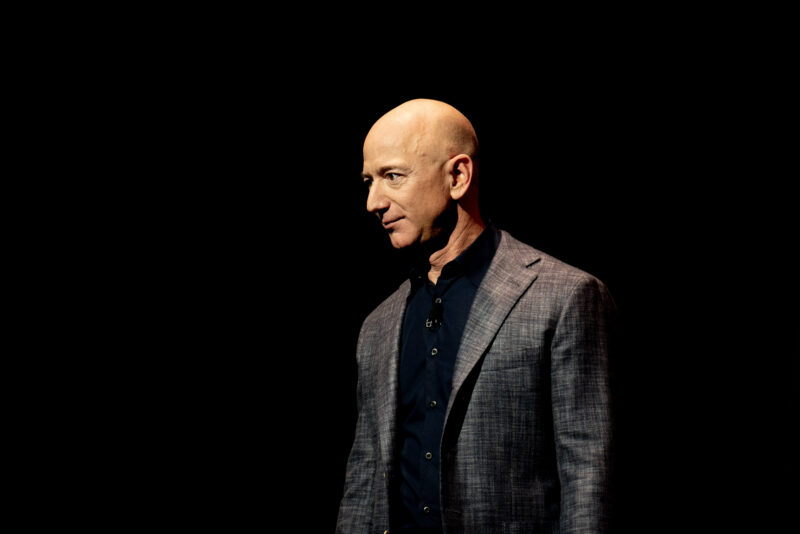Online news site The Messenger, which touted itself as a digital oasis of nonpartisan journalism in the tumultuous sea of corporate media, has ceased operations, barely making it past the eight-month mark of its existence.
The platform, founded by Jimmy Finkelstein, who had invested a staggering $50 million into its business endeavor, delivered a shocking blow to its workforce of around 300 journalists and staff when it suddenly shuttered its doors.
The New York Times was the first to break the news, reporting on the abrupt shutdown orchestrated by Finkelstein himself, who had maintained a veil of secrecy around the dire financial situation until the very last moment. In a communique to his stunned employees, Finkelstein expressed his personal devastation, explaining that he had clung to the hope of securing funds for the operation’s profitability until the eleventh hour.
Finkelstein lamented, “We exhausted every option available,” revealing the desperate struggle to keep the venture afloat. The Messenger’s website, once a symbol of journalistic aspiration, now merely displayed its name and an email contact as a haunting reminder of its short-lived existence.
Finkelstein’s email pointed to the prevailing economic challenges faced by media companies today, framing The Messenger’s demise as yet another casualty of the corporate media landscape. This development follows the trend of massive layoffs at once-influential outlets like the Los Angeles Times, which recently slashed its newsroom staff by a painful 20%. Other renowned names such as Sports Illustrated and Business Insider have also succumbed to layoffs, sparking employee protests at places like the New York Daily News and Forbes magazine.
The Messenger burst onto the scene in May with grand ambitions, sparing no expense in its pursuit of media prominence. The company aggressively recruited experienced journalists from prestigious organizations, secured multi-million-dollar office leases in high-rent locations like New York, Washington D.C., and Florida, and set lofty targets of drawing 100 million monthly readers to its website.
However, The Messenger fell far short of its objectives, with its peak readership reaching only a quarter of its ambitious goal. The platform never managed to turn a profit and rapidly depleted its resources as advertising revenues dwindled. Critics argue that Finkelstein clung to an outdated business model reliant on social media distribution and search engine visibility, overlooking the seismic shifts in the media landscape.
The story of The Messenger serves as another cautionary tale, joining the ranks of online news outlets like BuzzFeed News, a Pulitzer Prize-winning publication that faced a similar fate. BuzzFeed’s CEO, Jonah Peretti, admitted defeat in April, attributing the platform’s closure to the inability of major social media platforms to sustain quality journalism designed for the digital age.







